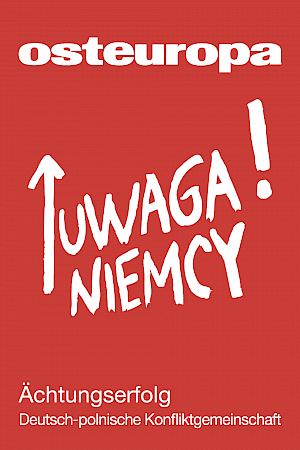Trauma Here, Repressed Memories There
Invasion and Occupation in Poland, 1939–1945
Deutsche Fassung
Abstract
It is well known that the Second World War began on September 1, 1939, with Germany’s invasion of Poland. But what the war and the occupation meant for the population found its way into German memory only much later and most superficially. From the very first day of the attack, German military operations had all the characteristics of a war of extermination. Prisoners of war and civilians were shot. The entire population was at the mercy of the occupiers. People were murdered for no reason, put in ghettos, where they died of starvation and disease, deported to killing centres, where they fell victim to mass murder, or sent away to work as forced labourers. There is not a family in Poland that did not lose relatives as a consequence of the war and occupation. And the material and immaterial damage that Germany inflicted on Poland through devastation, theft, and the deliberate destruction of towns, villages, cultural property, and infrastructure was immense.
(Osteuropa 9-10/2022, pp. 53–68)



